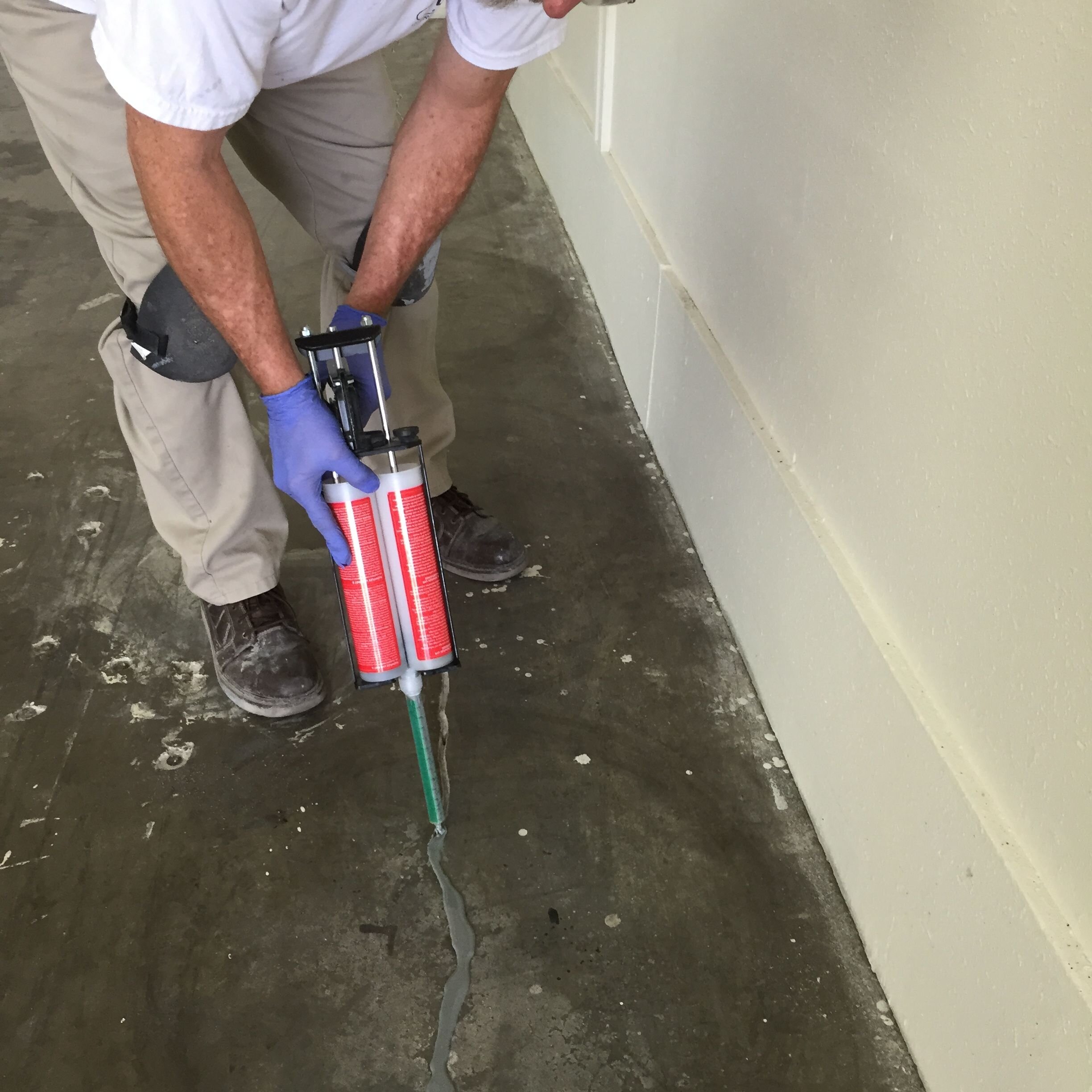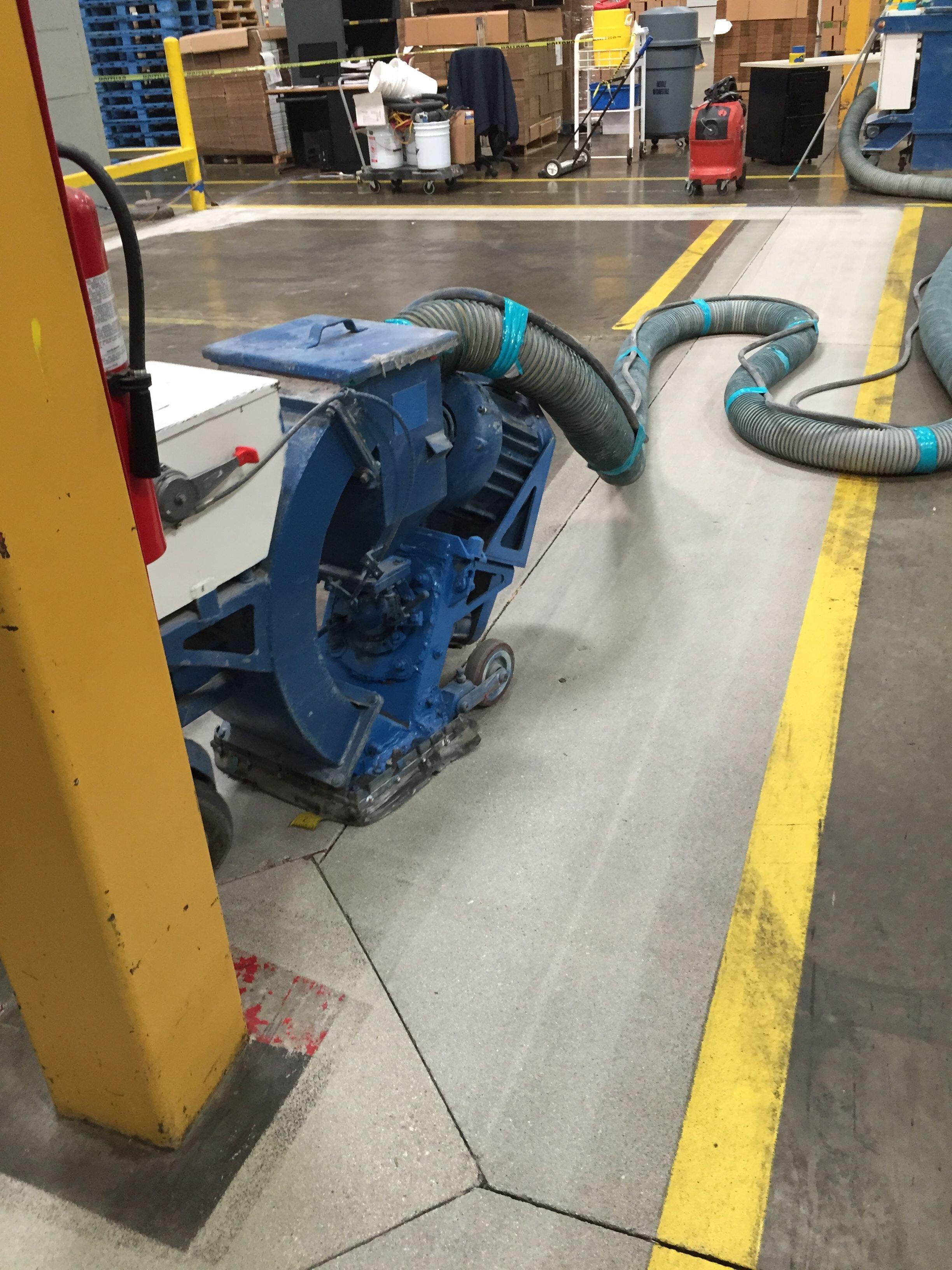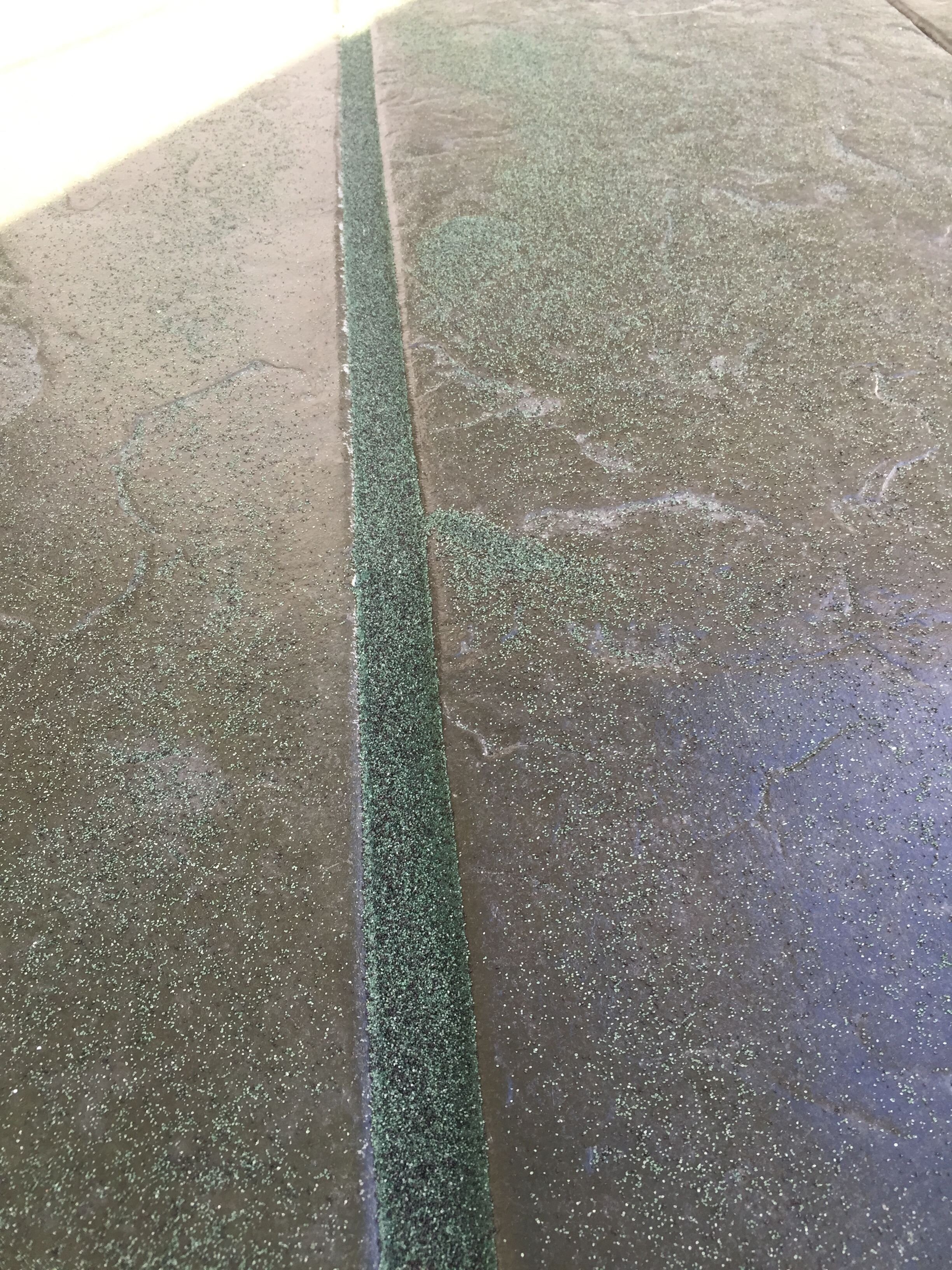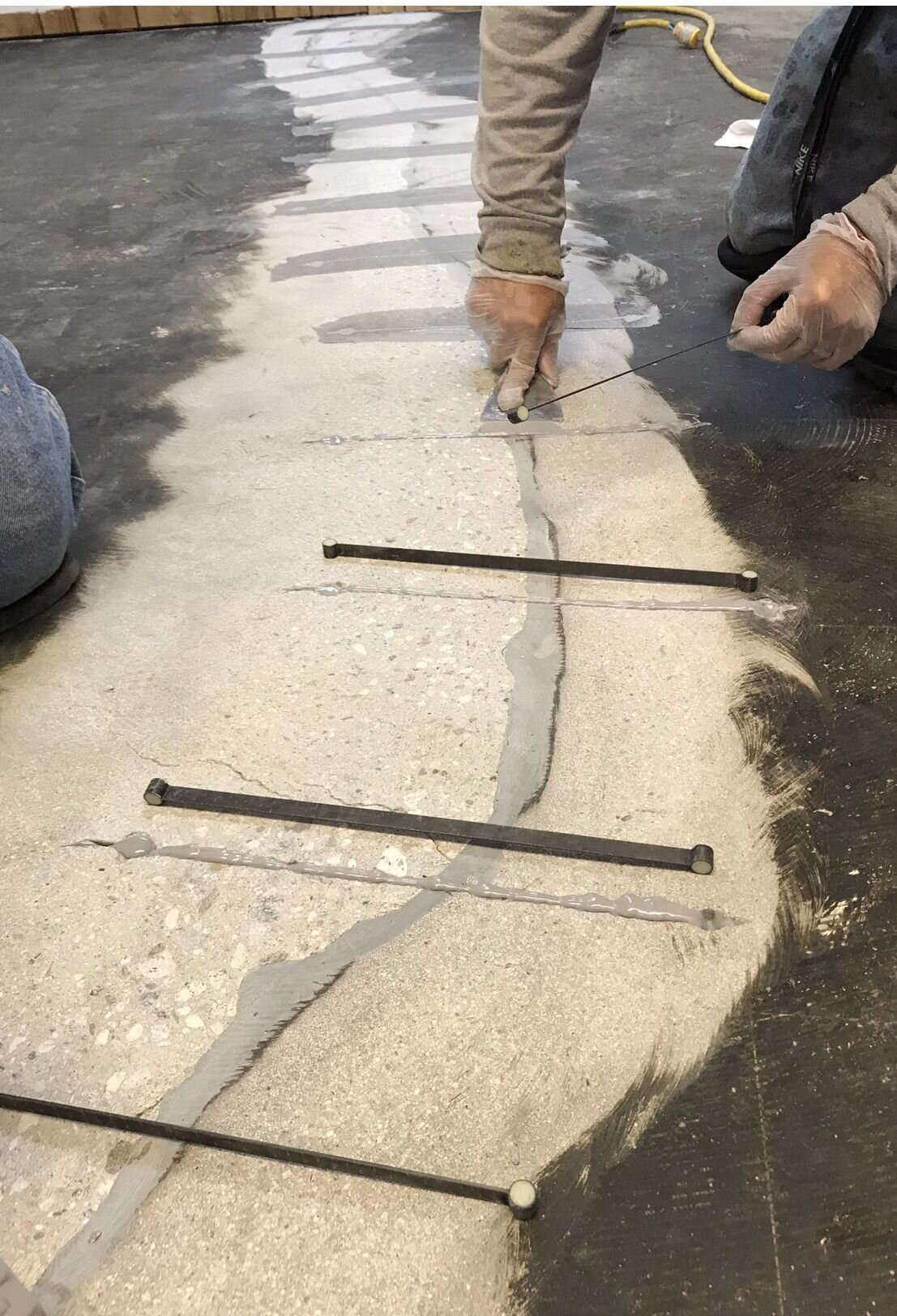Concrete Crack Repair
At United Concrete, every year we repair miles of cracks using the latest and highest quality products and materials available in the industry.
Concrete floors crack for a number of reasons, for example subgrade settlement, premature slab dryout, curled slab, bad control joint design or heavy load use. When damage is evident of any major cracks and alternations, we highly recommend speaking to one of our solutions specialists to find the optimal solution for your floor.







Causes of Concrete Cracking
Chemical Reactions
Chemical reactions in concrete can result in cracks. These reactions occur when the concrete aggregates are not compatible. Cracks can develop over time as concrete reacts to aggregates that consist of silica and alkeline. The alkaline and silica solutions cause a chemical reaction in concrete surfaces by drawing water from other parts of the concrete.
Corrosion
Reinforced within the concrete can corrode over time, especially in environments with high levels of moisture or exposure to chemicals. As the steel corrodes, it expands, creating internal pressure within the concrete. This can lead to cracking and, in some cases, spalling (when pieces of the concrete break off). To minimize the risk of corrosion, it's essential to use corrosion-resistant reinforcing materials and ensure proper concrete cover and compaction during construction.
Structural Load and Stress
Excessive loads or stresses on the concrete can cause it to crack. This can be due to inadequate structural design, overloading, or uneven settlement of the underlying soil. Cracks may also occur due to the expansion and contraction of the concrete in response to temperature changes, especially if proper expansion joints are not installed.

